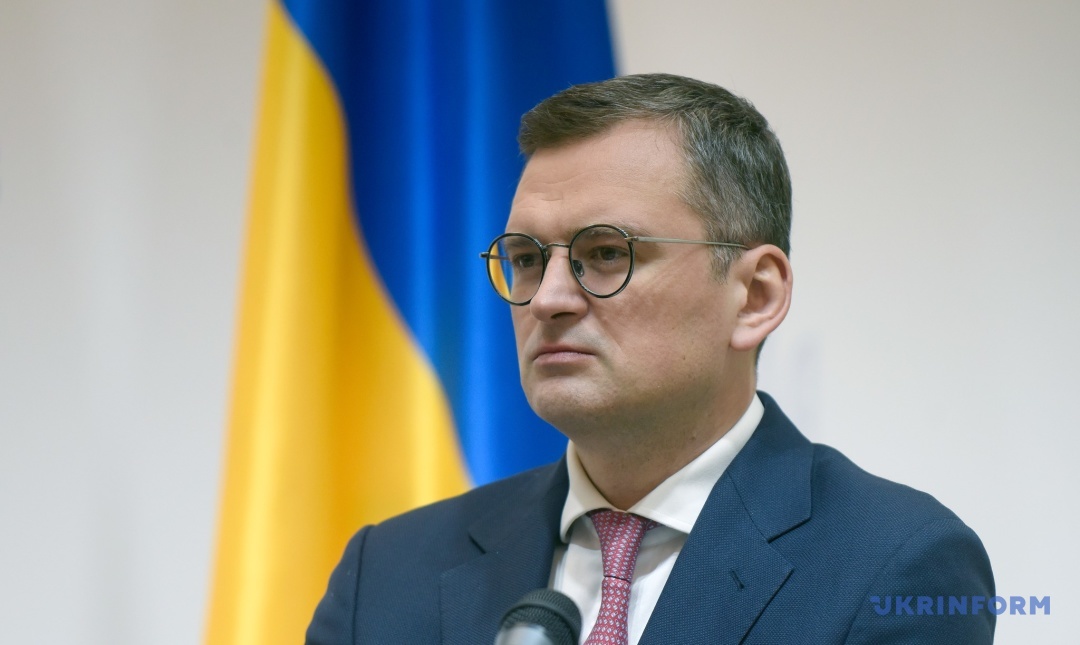
Explaining complex things in simple words: Iran-Israel conflict, Ukraine-Africa cooperation, nuclear danger
The Center for Strategic Communication and Information Security pursues efforts to provide a brief explanation to foreign audiences on the current topics of particular interest as regards Ukraine.

IRAN-ISRAEL CONFLICT
Iran threatens to attack Israel in revenge for the elimination in Tehran of one of the Hamas leaders, Ismail Haniyeh.
- Iran and Israel do not have a common border. Therefore, the place of armed conflict may be the territory of Lebanon. The Ministry of Foreign Affairs of Ukraine, together with the State Government, conducted an operation to evacuate Ukrainian citizens from Lebanon.
- Ukraine, as a country that has been suffering from the military aggression of the Russian Federation for years, calls on the world to make collective efforts to avert the threat of a new large-scale outbreak of war.
- The visit of Russian Security Council Secretary Sergei Shoigu to Tehran, as well as the transfer from Russia to Iran of the Iskander missile systems and the Murmansk-BN electronic warfare systems, there is no doubt that Moscow is on the side of the “axis of evil” countries.
- The Kremlin's military cooperation with Tehran poses a threat not only to the Middle Eastern region, but also to the countries of Eastern Europe.

COOPERATION BETWEEN UKRAINE AND AFRICAN COUNTRIES
The fourth diplomatic tour of the Ukrainian Foreign Minister to African countries is underway. This time, Dmytro Kuleba will visit Malawi, Zambia, and Mauritius.
- Ukraine seeks to establish sincere, friendly relations with African countries. We are determined to actively develop economic, scientific and technical cooperation with the continent, cooperate in the humanitarian sphere, and build political partnerships.
- Despite the losses and risks associated with Russian aggression, Ukraine continues to make efforts to maintain global food security.
- That is why today we warn the governments of African states against “friendship” with Moscow. This is the path to international isolation and economic hopelessness.
- We call on the governments of African countries to be far-sighted and prudent. Because the hasty decision of the transitional government of Mali to sever diplomatic relations with Ukraine, as well as Bamako's unfounded accusations against Kyiv, are unlikely to lead Mali to useful prospects.

NUCLEAR DANGER
August 6 is the anniversary of the atomic bombing of Hiroshima in 1945 and the International Day for the Total Elimination of Nuclear Weapons.
- Ukraine consistently adheres to the principles of non-proliferation and nuclear disarmament. We voluntarily gave up the world's third-largest nuclear arsenal.
- Unfortunately, the security guarantees that Ukraine received in exchange for giving up nuclear weapons turned out to be ineffective. One of the guarantor states attacked our country.
- The idea of nuclear disarmament was based on faith in the system of international security and compliance by countries with their obligations. After the Russian invasion of Ukraine, such faith no longer exists.
- The Ukrainian trend of nuclear disarmament in the 1990s has changed to the opposite: more states are trying to create their own nuclear programs, and Russia has returned nuclear weapons to Belarus, a country that once gave up its nuclear arsenal just as much as Ukraine.
- For a long time, nuclear weapons were considered a means of deterring war. Today we see how it is turning into a tool for maintaining power by dictatorial regimes and a means of intimidating non-nuclear states.
- Moscow irresponsibly and shamelessly resorts to nuclear blackmail. Russia has failed the maturity test as a country capable of possessing nuclear weapons. The denuclearization of the Russian Federation meets the interests of humanity.
Center for Strategic Communication and Information Security
